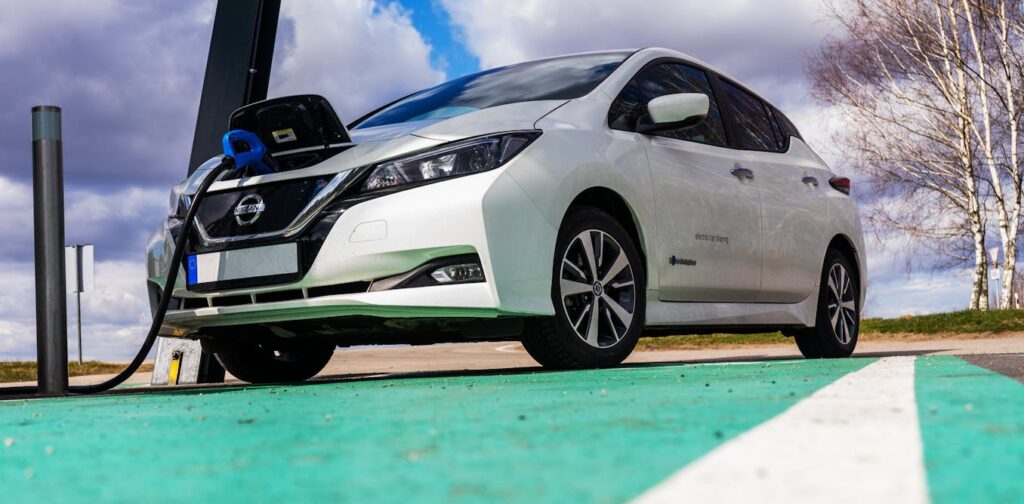The electric vehicle (EV) market in the UK is undergoing a significant transformation, with recent figures showing a remarkable shift in sales dynamics across Europe. In a surprising development, the UK has surpassed Germany as the largest market for electric cars in Europe, thanks to a 21.4% increase in registrations, totaling 382,000 vehicles in 2024. This milestone marks a new chapter for the UK, but it also comes amidst significant policy changes and challenges in other parts of the continent.
Germany experienced a downturn in EV sales, with registrations dropping by over 25% to 380,000 vehicles after the termination of substantial consumer subsidies due to a budget crisis. The UK, in contrast, has accelerated its infrastructure development by installing over 20,000 new charging points, a 38% increase, which now totals 73,699. This expansion includes a significant rise in ultra-rapid chargers and destination chargers in places like restaurants, alleviating potential buyers’ concerns about limited charging options.
Corporate registrations have driven the UK market, accounting for 90% of EV sales, helped by very low tax rates initially set at 2%. However, starting April 2025, EV owners will face a new vehicle excise duty of £195 annually. This shift represents a broader strategy under the UK government’s zero emission vehicle mandate, aiming to phase out new petrol and diesel car sales by 2035.
Unlike the EU and US, the UK has not introduced tariffs on Chinese-manufactured EVs, providing an open market environment. However, manufacturers in the UK could face fines of up to £15,000 per non-EV vehicle sold if they fail to meet the stringent targets set by the mandate. Despite these measures, EVs constituted only 19.6% of the market in 2024, below the mandated 22%.
The robust competition from Chinese manufacturers is another factor shaping the market landscape. With overcapacity in China, these companies are keenly eyeing the UK as a potential market. Chinese EVs already make up about 80% of their vehicle imports to the EU. Brands like Leapmotor, Xpeng, and NIO are poised to enter the UK market alongside existing players like MG and BYD.
Read more: Electric cars pile up at European ports as Chinese firms struggle to find buyers
As the UK navigates its post-Brexit landscape, the Trade Remedies Authority will play a crucial role in deciding on protectionist measures such as tariffs on imports, even as a trade agreement with the EU remains in place until 2027. Meanwhile, the EU has already imposed additional tariffs on Chinese EVs, escalating rates to as high as 48% in some scenarios.
2025 – a watershed year
The trajectory towards EV adoption seems unstoppable, with reports from Zapmap indicating that only 3% of EV drivers would revert to traditional fuel vehicles. Manufacturers unable to meet the UK’s 2025 target of 28% EV sales might cease petrol or diesel vehicle sales to avoid penalties. Chinese EV brands continue expanding their UK presence through dealership recruitment and showcasing innovative models.
2025 might witness BYD surpassing Tesla as the leading EV brand in the UK, potentially making up more than 10% of the market or around 50,000 vehicles by 2026. This shift could benefit consumers and the environment, although it poses challenges for the UK and European automotive industries.

Original Story at theconversation.com
